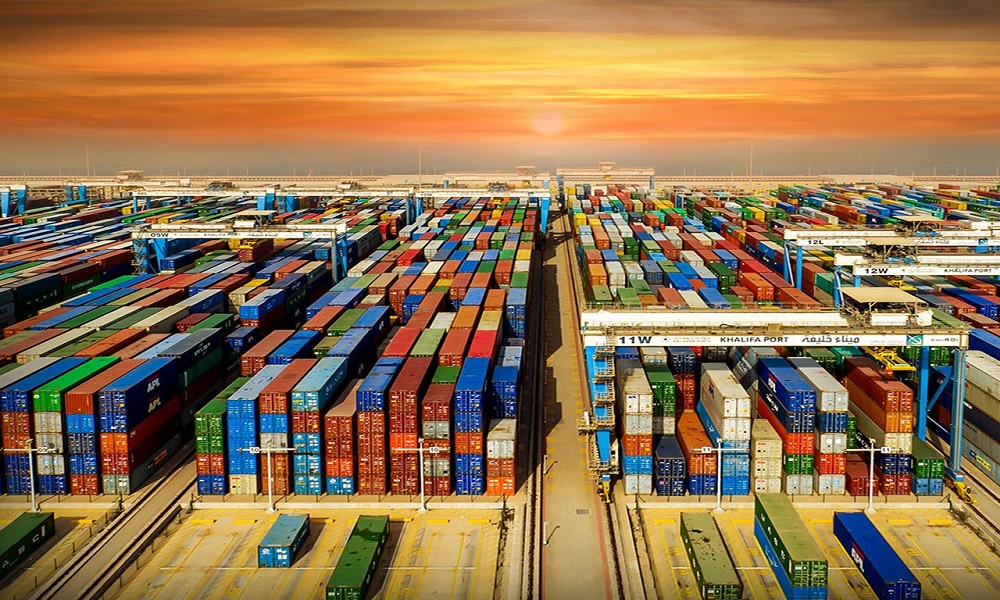Competition for shipping container traffic is intensifying as new trade agreements and alliances, geopolitical strife, supply chain constraints, and the growing economic power of the Global South alters long-established maritime routes.
Key to the success of many of the ports, during these turbulent times, has been the deployment of emerging technologies to digitalise operations in order to become so-called smart ports, says new research by AD Ports.
AD Ports has published a white paper titled “Digitalisation for Enhanced Efficiency: Leveraging Data for Smart Ports,” providing a comprehensive case study on the successful implementation of digital technologies in the maritime sector.
The white paper presents an in-depth analysis of how digital technologies are revolutionising port operations. It outlines strategic approaches to harnessing data to increase operational efficiency, sustainability, and competitiveness. The document focuses on the challenges and successes of digitalisation across various global ports, with a particular emphasis on advancements in Asia, Africa, and South America, regions that have seen significant progress in port technology.
Dr. Noura Al Dhaheri, CEO of Digital Cluster & Maqta Gateway at AD Ports Group, emphasised the transformative potential of digital technologies: “When applied to ports, big data and digital-twin technology are set to transform a wide range of operations. This technology can store different streams of information from ports, logistics, sensors, and positioning networks; and process that information in real-time, allowing ports to create multidimensional models to optimise port supply chains, reduce delays, and increase efficiency for all stakeholders involved.”
The white paper delves into the technological innovations that are driving the evolution of traditional ports into smart ports, including the use of the Internet of Things (IoT), Artificial Intelligence (AI), and blockchain technologies. It includes a case study from AD Ports Group that explores the implementation of digital solutions across its network, demonstrating tangible benefits such as improved efficiency and reduced operational costs.
Captain Ammar Mubarak Al Shaiba, CEO of the Maritime & Shipping Cluster at AD Ports Group, noted the competitive advantages of digitalisation: “Undoubtedly, digitalisation increases productivity in port management and operations processes, which allows us to be more competitive. Port customers and stakeholders value greater transparency, reliability, and operational efficiency, all of which are driven by digitalisation.”
The white paper also addresses common obstacles in the digitalisation process, such as software incompatibility, cybersecurity risks, and resistance to change within the industry. It provides a thorough analysis of new regulations and legislation, including the mandatory implementation of Maritime Single Windows (MSWs) beginning in 2024, and discusses the global impact these regulations will have on port operations.
Click the white paper title to download: Digitalisation for Enhanced Efficiency: Leveraging Data for Smart Ports
AD Ports Group’s white paper serves as a valuable resource for industry stakeholders, offering a roadmap for the successful adoption of digital technologies in the maritime sector. As ports worldwide continue to evolve, the insights provided in this publication will be instrumental in guiding the transformation towards more efficient, sustainable, and competitive port operations.



